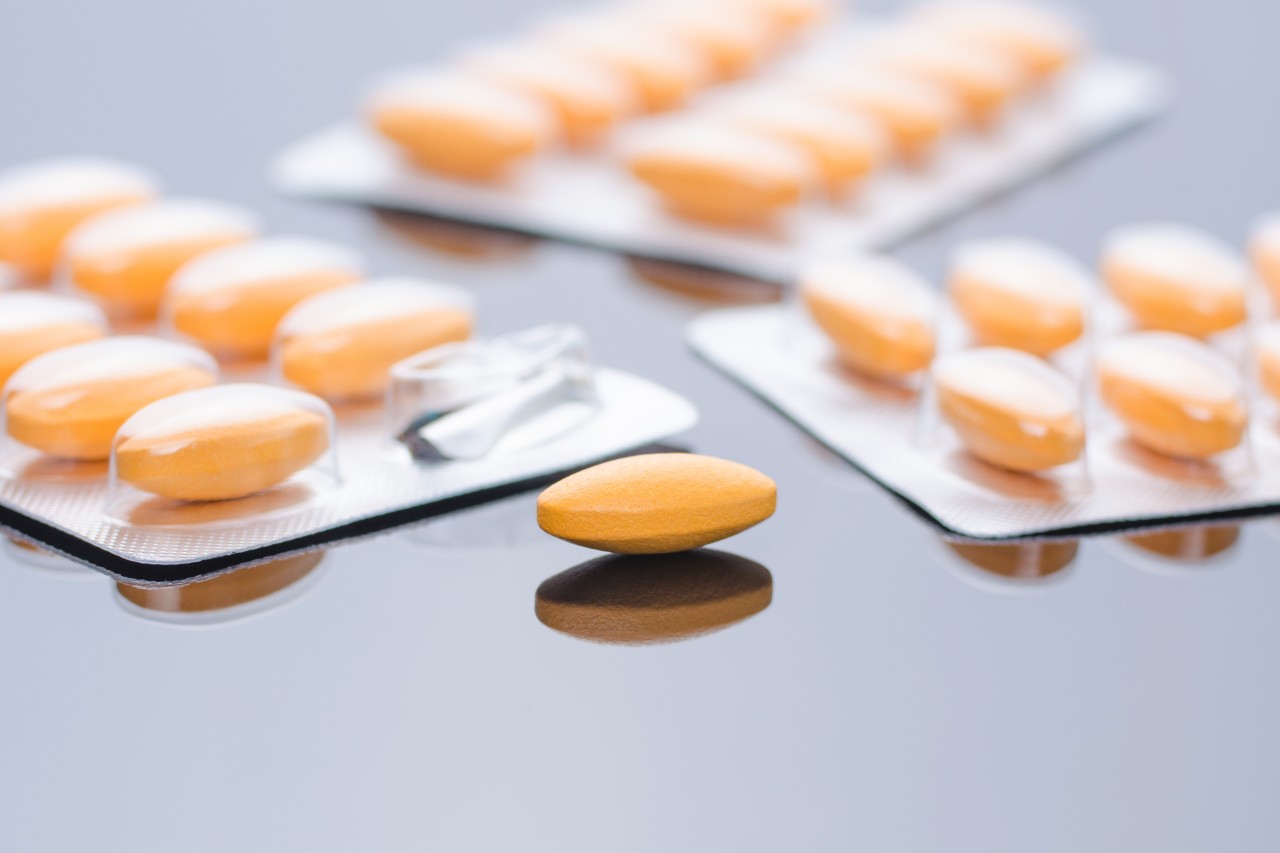A type of heartburn medication known as proton pump inhibitors (PPIs) may be associated to long-term kidney damage, according to the study, “Proton Pump Inhibitor Use and the Risk of Chronic Kidney Disease,” published in JAMA Internal Medicine.
“This is an important study because millions of Americans are on proton pump inhibitors and have been for many years,” Kenneth DeVault, MD, a Mayo Clinic gastroenterologist, said in a news release.
Medications like Prilosec, Nexium, and Prevacid belong to the class of PPIs that are one of the most commonly prescribed medications in the United States. PPIs treat heartburn and acid reflux by lowering the amount of acid produced by the stomach. Their use has been linked to acute interstitial nephritis, but less is known about the association between PPI use and chronic kidney disease (CKD).
Researchers investigated the association between PPI use and incident CKD in a population-based cohort involving 10,482 participants, the Atherosclerosis Risk in Communities study. All participants had an estimated glomerular filtration rate of at least 60 mL/min/1.73 m2, and were followed between 1996 and 2011. Results revealed that proton pump inhibitor use was associated with 20 percent to 50 percent higher risk for incident CKD. The results remained significant even after researchers adjusted them for H2 receptor antagonist users and with propensity score-matched nonusers. Compared with nonusers, the study also found that PPI users were more often white, obese, and taking antihypertensive medication.
“I think more research on this subject will be important,” said Dr. DeVault. “When you have that many people taking a drug, and there’s a small potential risk, it certainly gets both physicians’ and patients’ attention.”
But, Dr. DeVault added, patients should not panic about the study’s findings. “The most important thing is to discuss it with a treating physician and make sure everyone is on the same page and understands the benefits and weighs those against this fairly small, but perhaps real, risk,” he said.
A less powerful acid blocker and lifestyle changes might be enough for some patients to eliminate the need for PPI medication, Dr. DeVault added.

